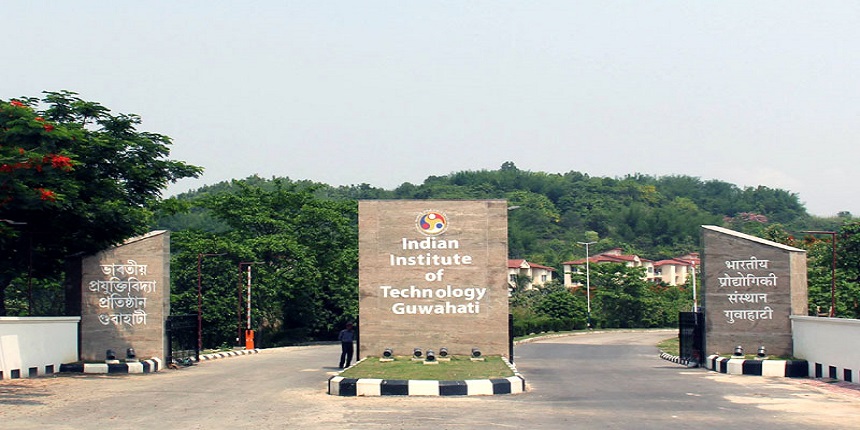IIT Guwahati researchers develop model to predict knee osteoarthritis from X-ray images
Divyansh | July 10, 2023 | 12:37 PM IST | 2 mins read
Knee osteoarthritis has a prevalence of 28% in the country and there is no possible cure for the condition.

NEW DELHI: Researchers from the Indian Institute of Technology (IIT) Guwahati have developed a learning-based framework ‘OsteoHRNet’ to assess the knee osteoarthritis (OA) severity using X-rays images.
The AI-based model has been developed by Rohit Kumar Jain, an MTech (data science) graduate, under the joint supervision of Arijit Sur and Palash Ghosh of computer science and engineering, and mathematics departments, respectively, of the institute. The research team also include Prasen Kumar Sharma and Sibaji Gaj, both former PhD students of Sur. The model can be used by medical practitioners remotely for a more accurate diagnosis of the condition.
Also Read | IIT Madras to offer BSc, MSc in data science, AI at IIT Zanzibar; Preeti Aghayalam to head
Knee osteoarthritis, an IIT Guwahati statement said, is the most common musculoskeletal disorder in the world and has a prevalence of 28% in the country. There is no possible cure for knee OA except total joint replacement at an advanced stage hence an early diagnosis is essential for pain management and behavioural corrections, it added.
Saying that MRI and CT scans provide a 3D image of the knee joints for effective diagnosis of knee OA but their availability is limited and expensive, the statement added that for routine diagnosis X-ray imaging is very effective and more economically feasible.
Ghosh said, “Compared to other techniques, our model can pinpoint the area, which is medically most important to decide the severity level of knee OA thus helping medical practitioners to detect the disease accurately at an early stage.”
The AI-based model uses an efficient deep convolutional neural network (CNN) i.e an algorithm from image recognition. This model predicts knee OA severity as per the World Health Organisation approved Kellgren and Lawrence (KL) grading scale. It is built upon one of the most recent deep models, called the high-resolution network (HRNet), to capture the multiscale features of knee X-rays.
Sur said, “Although simple, the proposed model may be a good starting point for analysing inexpensive radiographic modalities such as X-rays. Our group is currently focusing on how efficient deep learning-based models can be designed so that we can work on inexpensive and easily available modalities such as very low-resolution radiographic images or even photos taken from radiographic plates by a smartphone.”
The team is further working to reconfigure these models so that they can be deployed in resource-constrained devices.
Follow us for the latest education news on colleges and universities, admission, courses, exams, research, education policies, study abroad and more..
To get in touch, write to us at news@careers360.com.
Next Story
]IIT Madras Zanzibar plans new courses, shift to permanent campus in 2025
IIT Madras Zanzibar aims to shift into its permanent campus by 2025 and launch courses in infrastructural engineering, sustainability, communication and computers, chemical and biochemical engineering, said director Preeti Aghalayam.
Sheena Sachdeva